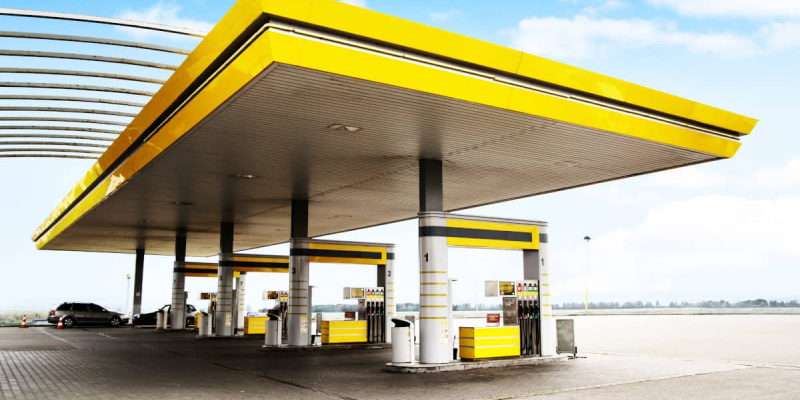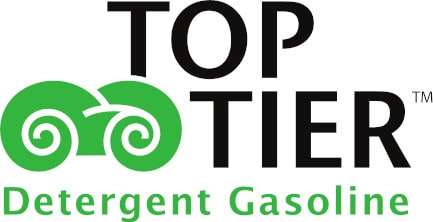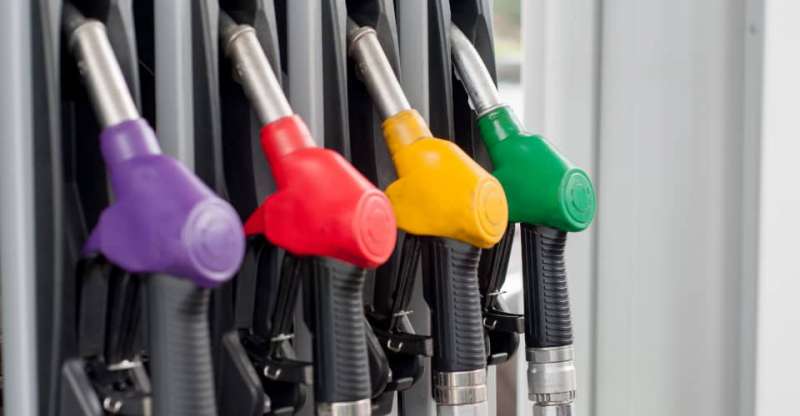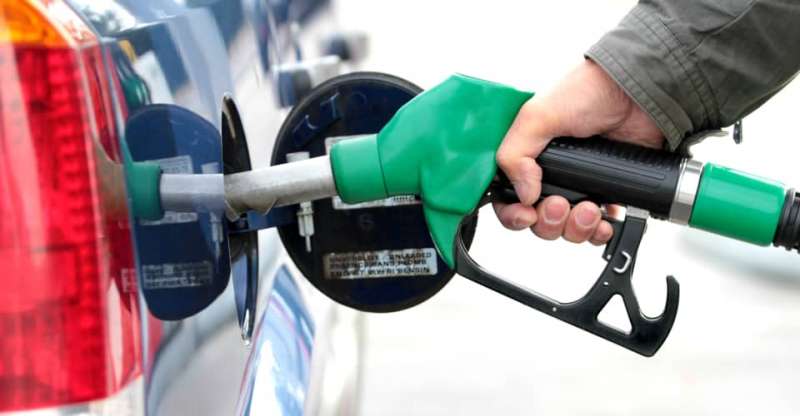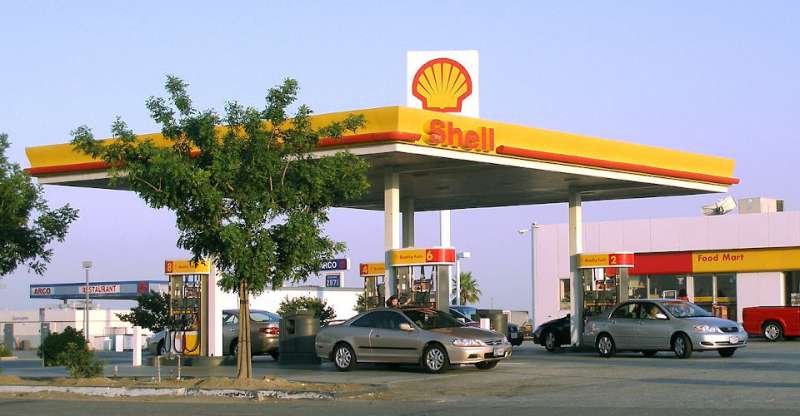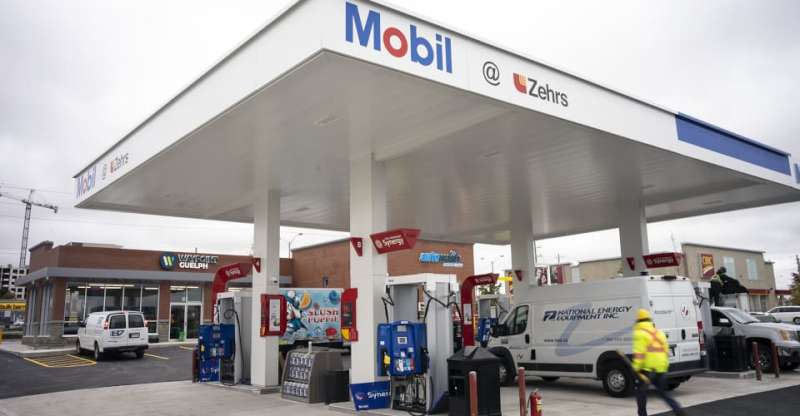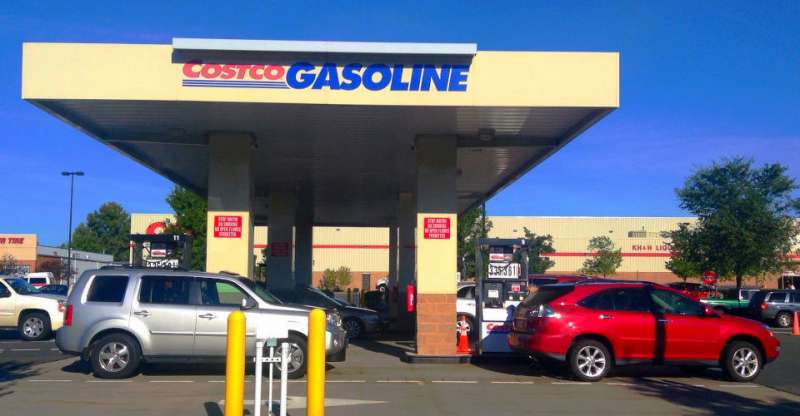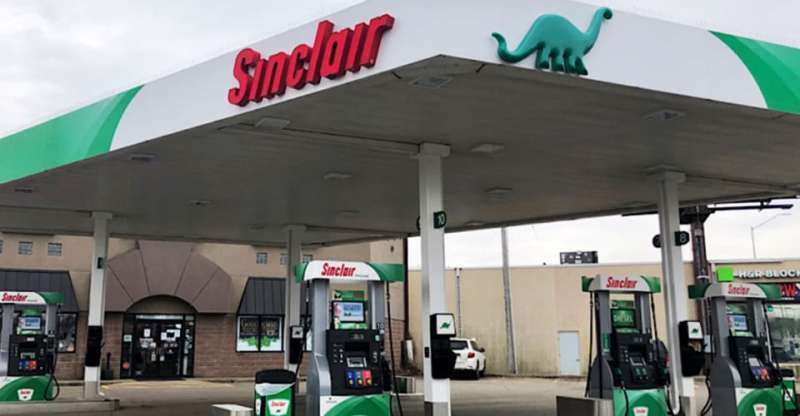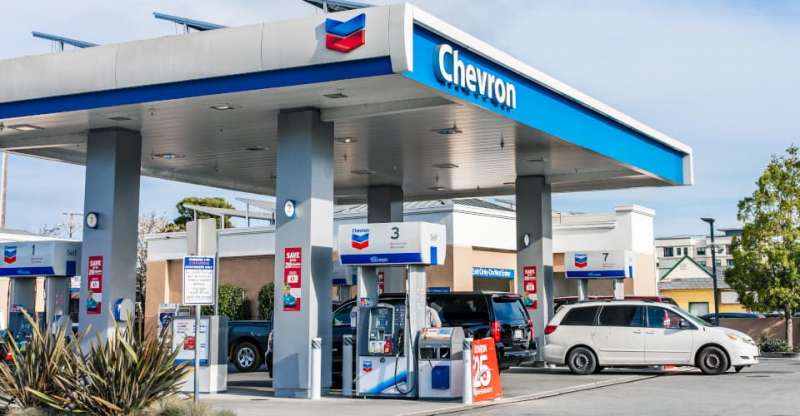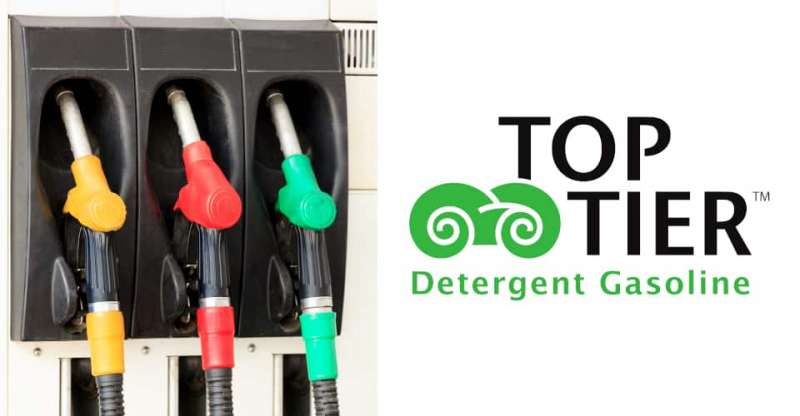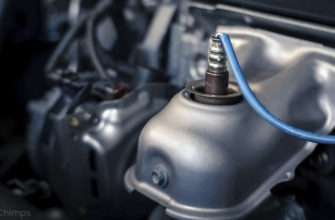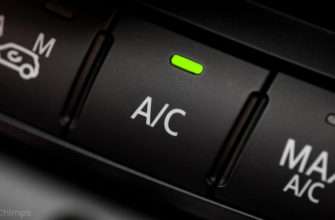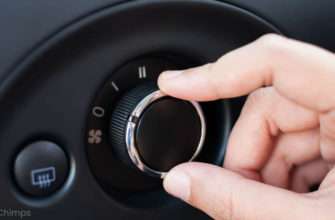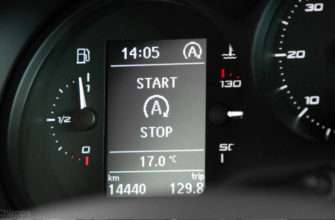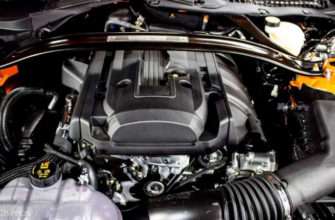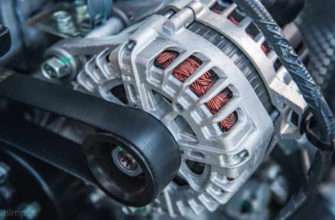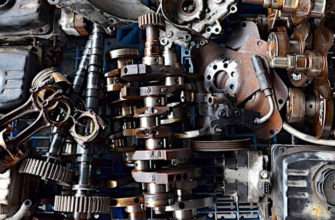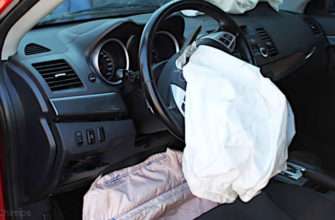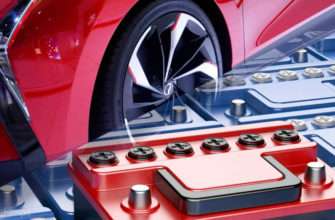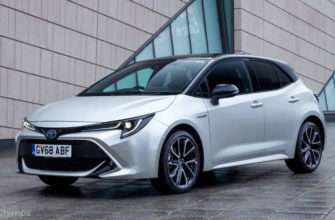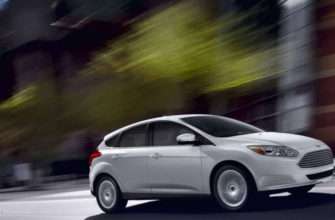Pumping your car with gas at just any random gas station can be dangerous. Find out what is Top Tier Detergent Gasoline standard before it’s too late. Most of us view stopping by the gas station as a routine part of life, just making our choice based on proximity, or which has the lowest price.
But have you ever stopped to think which gas stations have the best gas? Many gas stations get their fuel from the same source, meaning the formula doesn’t change much. Top Tier stations, though, such as Shell, Mobil, Chevron, Costco, and Sinclair, use additives in their unique mix. These include detergents, friction reducers, and corrosion inhibitors, which may extend engine life.
Thankfully, in this guide, we will first look at what a Top Tier gas station means for you. Then we will cover a few things you might like to know about gasoline, like what octane levels are and why they matter, and what fuel additives are, and how they might benefit your car. Let’s get started!
What Is Top Tier Gas?
If a station is branded as being Top Tier, it means their gas has met a certain performance standard. Here is what you can expect with a Top Tier gas:
- All retail locations meet the standards of the Top Tier program
- All gas grades include a Top Tier approved detergent additive
- All gas is free from organometallic additives like Ferrocene or MMT
So far, 52 retail brands meet the Top Tier standard, meaning there’s likely one near you. Is Top Tier gas worth the extra price? A recent study was done where an engine ran continuously for 1000 hours, which is roughly equivalent to 4,000 miles.
The engine was then taken apart and reviewed. It revealed that Top Tier gas left 19 times fewer carbon deposits when compared to regular fuel. We believe this makes a fantastic case for Top Tier fuel being worth the extra 3-4 cents or so.
What’s The Deal With Octane Levels?
Most everyone has been in the situation where they’re staring at a fuel pump, wondering whether to fill their car with Regular or Premium. What’s the difference between the two? In most instances, the Premium label means the fuel has a higher octane rating, which is a number that measures its performance.
This has to do with the amount of pressure gasoline can withstand before igniting. The higher the number, the more it can take, therefore, the more power it produces. Premium gas typically carries an octane rating of at least 90, while Regular sits at about 87 on average.
Some cars require premium fuel to run correctly and may suffer from performance issues running on anything less. Your best bet is to review the owner manual to determine what the manufacturer suggests.
Can you put 90-octane gasoline in a car designed for 87? Yes, however, for some engines, the added efficiency can actually cause harm. For this reason, your best bet is to stick with what your car was designed for.
Regardless of whether you’re springing for premium, all Top Tier stations include additives in their regular fuel as well. Speaking of additives, let us take a look at what they are and how they might benefit your engine.
What Should I Know About Fuel Additives?
If you’re buying from a well-known gas brand, their fuel will definitely contain additives. Otherwise, it wouldn’t have survived in the competitive landscape of today. These are compounds that aim to increase the longevity of your engine while also boosting power and economy. A few of these include detergents, friction reducers, and corrosion inhibitors.
Detergents are designed to remove deposits and prevent them from forming throughout the system. Friction reducers work precisely as their name suggests, which lowers the wear and tear on the engine and helps it last longer. Corrosion inhibitors reduce the corrosion rate of any metal they come into contact with. There are many types of additives, all designed to benefit the health of your engine and prolong its life.
The Top 5 Best Gas Stations
Shell – Top Tier? Yes
The Shell name has been around a long time, over 100 years, in fact. As you might have guessed, they’ve learned a lot about gas along the way. The draw with Shell gas is its nitrogen-enriched formula. Which they claim helps remove deposit buildup and prevent further growth.
Mobil – Top Tier? Yes
Dating back to the mid-1980s, Mobil is one of the best-known names when it comes to quality gasoline. In 1999, they merged with Exxon to form Exxon Mobile, making it one of the largest oil companies in the entire world. Their secret is Mobile Synergy, a unique blend of 9 different additives. A few of these include 3 different detergents, a friction modifier, and a corrosion inhibitor.
Costco – Top Tier? Yes
Costco sells just about everything, and as of 1995, it began selling gas. Not only is Costco gas Top Tier certified, but it also carries the benchmark of being a Kirkland Signature product. The selling point for Costco gas is that it is high-quality but it also costs less; as much a 21 cents per gallon less, actually.
Sinclair – Top Tier? Yes
In May of 1916, 11 small petroleum companies merged to form Sinclair Oil and Refining Corp. 104 years later, there are now more than 1,300 Sinclair stations nationwide. Sinclair gas contains Dinocare, which is a mix of several additives designed to increase how well your engine performs. This includes reducing engine deposits, optimizing fuel economy, and lowering annual maintenance costs.
Chevron – Top Tier? Yes
1879 – that is the year the world got Chevron gas. They are also the brand behind the adorable talking car commercials. Techron is the name given to their proprietary mix of fuel additives, which is designed to break down, clear out, and prevent carbon buildup.
Which Gas Station Have The Best Quality Gas?
If it has the Top Tier logo, then it is definitely a brand you can trust. Deciding whether to put Regular or Premium fuel in your tank, however, is entirely up to you. But we do suggest consulting your owner manual to see what your engine is designed for.
